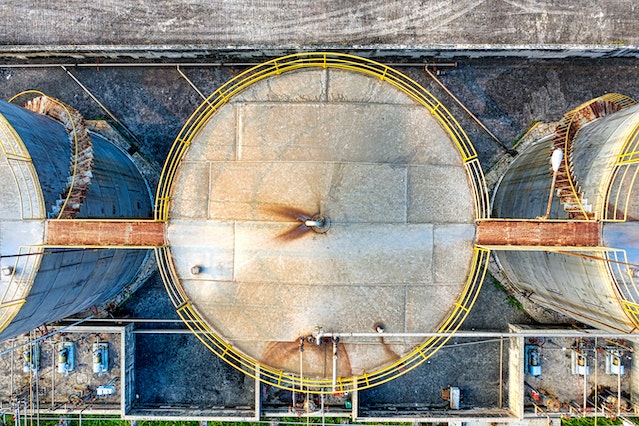Unraveling the Properties and Applications of Spiral Wound Gaskets

When it comes to creating a reliable and leak-free seal in demanding industrial applications,
spiral wound gaskets manufactured and exported by NewAge Delhi, have emerged as a trusted solution. These innovative gaskets combine the advantages of metal and non-metal materials, providing exceptional performance in various industries. In this article, we will explore the properties and applications of spiral wound gaskets, shedding light on why they are the go-to choice for sealing critical joints and connections .
Structure and Composition:
Spiral wound gaskets are constructed by winding a metal strip and a non-metallic filler material in a spiral fashion. The metal strip, typically made of stainless steel, forms the backbone of the gasket, providing strength, stability, and resistance to high temperatures and pressures. The filler material, such as graphite, PTFE (polytetrafluoroethylene), or ceramic, is embedded between the metal layers. This combination of materials allows spiral wound gaskets to withstand extreme conditions and maintain a reliable seal.
Excellent Sealing Performance:
One of the key advantages of spiral wound gaskets is their exceptional sealing performance. The winding structure creates a dynamic seal that adapts to changes in temperature, pressure, and flange movement. The metal strip provides resilience and recovery, while the non-metallic filler material acts as a compressible barrier, effectively sealing irregularities and surface imperfections. This design enables spiral wound gaskets to maintain a tight, leak-free seal even under demanding operating conditions.
Wide Temperature and Pressure Range:
Spiral wound gaskets exhibit remarkable resistance to temperature and pressure extremes. The metal strip offers excellent thermal conductivity, allowing the gaskets to handle high temperatures and rapid temperature changes. Additionally, the combination of metal and non-metal materials provides resistance to a wide range of pressures, making spiral wound gaskets suitable for applications involving high-pressure fluids, steam, gases, and corrosive media.
Chemical Compatibility:
Different industrial processes involve a variety of chemicals, and compatibility with these substances is vital for gasket materials. Spiral wound gaskets offer excellent chemical resistance due to the choice of materials used. Stainless steel provides resistance to corrosion from many chemicals, while the non-metallic fillers can be selected to withstand specific chemical environments. This versatility makes spiral wound gaskets suitable for applications in the oil and gas, chemical, petrochemical, and pharmaceutical industries.
Diverse Industrial Applications:
Spiral wound gaskets find extensive use in various industries and applications. They are commonly employed in pipelines, flanges, heat exchangers, pumps, valves, and other equipment that require reliable sealing. Their ability to withstand high temperatures and pressures makes them ideal for refineries, power plants, chemical processing plants, and offshore installations. Spiral wound gaskets are also used in industries such as food and beverage, pulp and paper, water treatment, and pharmaceuticals.
Spiral wound gaskets are a versatile sealing solution renowned for their exceptional performance in demanding industrial environments. With their unique structure, temperature and pressure resistance, chemical compatibility, and adaptability to flange movements, these gaskets provide reliable and leak-free seals. From high-temperature applications to corrosive environments, spiral wound gaskets have become an essential component in numerous industries, ensuring the integrity and safety of critical joints and connections. Read here 'and also '
Why should you choose our company for your spiral wound gaskets requirement'